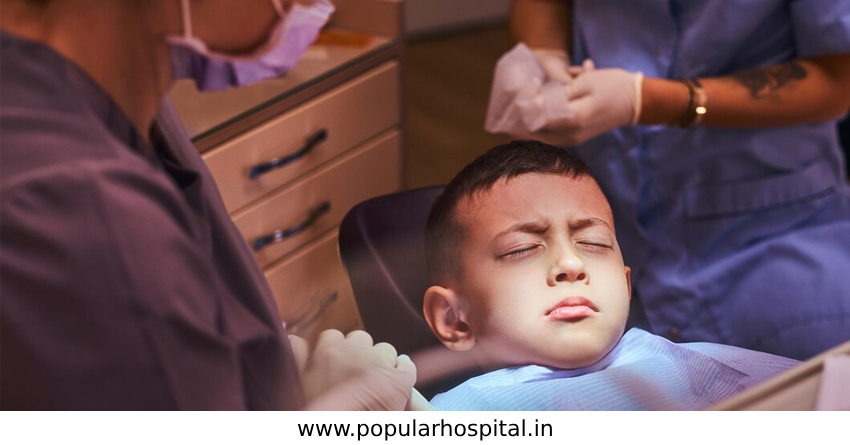Children are prone to allergies that may be mild rashes, or severe and life threatening reactions. Although minor allergies may be treated at home with the help of a pediatrician, there are cases when these conditions demand urgent treatment. When you know when to go to a pediatric emergency hospital, this may spell the difference between the health and the safety of your child.
Common Childhood Allergic Reactions
Children may be allergic to foods, insect bites, drugs, pollen, dust or pet dander. Reactions vary in the extent of severity:
- Mild Reactions: itchy eyes, minor skin rashes, swelling, sneezing.
- Continuous vomiting, diarrhea, stomach pain, or hives on large parts of the body.
- Severe Reactions (Anaphylaxis): Breathing difficulty, tongue or lips swelling, rapid heart rate, dizziness, or unconsciousness. The reactions are life-threatening and require urgent treatment in a pediatric emergency hospital.
Signs That Require Immediate Medical Attention
Parents should not delay if they notice any of the following symptoms in their child:
-
Trouble Breathing or Wheezing
The shortness of breath or difficulty breathing can be a sign of airway blockage. Pediatric emergency hospital has the capacity of delivering oxygen therapy, nebulization, and fast interventions.
-
Swelling of the Face, Lips, Tongue, or Throat
These regions may cause an airway blockage by swelling. They should be evaluated immediately to avoid serious complications.
-
Severe Skin Reactions
The large regions of hives, high level of redness, or swelling may indicate the presence of a severe allergic reaction, which should be treated immediately.
-
Persistent Vomiting or Diarrhea
Severe gastrointestinal effects are the cause of dehydration and other complications that require immediate intervention in a pediatric emergency department.
-
Dizziness, Weakness, or Fainting
These can be the symptoms of a blood pressure decrease or shock due to a severe allergic reaction. Timely hospital treatment is essential.
-
Rapid Heartbeat or Palpitations
Cardiovascular symptoms are severe and should be addressed.
Why a Pediatric Emergency Hospital Is Essential
An Emergency Hospital dealing with children is prepared to deal with severe allergic reactions with:
- Advanced Life Support: machine and drugs to stabilize the breathing, blood pressure, and heart rate.
- Specialty Pediatric Faculty: Pediatric trained doctors and nurses will provide proper and prompt care.
- Quick Diagnostics: Blood work, allergy analysis and radiographies can usually be provided in real time to inform treatment.
- Emergency Medications: Epinephrine, antihistamines, corticosteroids and IV fluids are used immediately in case of severe reactions.
- Observation and Monitoring: It is possible to observe and monitor children closely in relation to any delayed or secondary reactions that are typical of allergies.
Prevention and Preparedness
Although sometimes immediate hospitalation is inevitable, parents can do something to minimize the possibility of serious allergic reactions:
- Alleviate known allergens.
- Store emergency drug treatment such as antihistamines or epinephrine self-injections at home and school.
- Educate your child of allergies and avoidance of triggers.
- Educate caregivers, teachers and friends on emergency procedures.
- Keep a regular visit to a pediatrician to revise the allergy management plans.
Conclusion
In children allergic reactions develop very rapidly and it is important to know when to get assistance. Light symptoms can be treated at home, whereas the emergence of problems with breathing, swelling, and continuing vomiting or dizziness is an urgent case that needs to be addressed in a pediatric emergency hospital. Having rapid response and expert attention, there are no serious complications that can occur, and your child will be safe and healthy. The success of treatment of childhood allergic reactions depends on early recognition, preparedness, and early intervention in a hospital.


